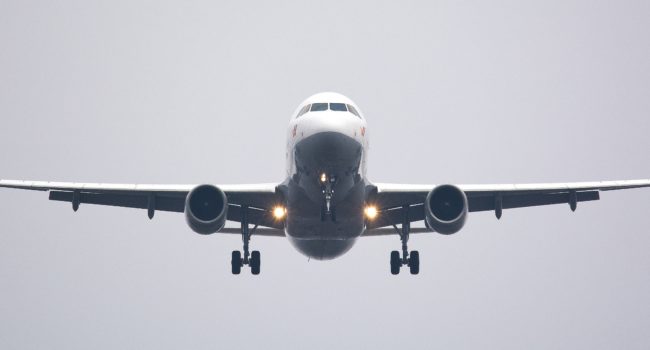Ever been stopped at the airport without any good reason? It happens all the time, and more to some people than others. Humans have proved themselves notoriously incapable of detecting who is a liar and who is not. That’s why Sophie van der Zee of Erasmus School of Economics develops machines that can do a better job. The New Scientist already nominated the assistant professor at the Erasmus School of Economics as Science Talent for 2018. Now she needs votesOpens external to actually win the title.
Imagine a lie-detecting suit. It exists – Sophie developed and tested it. Measuring body activity and the extent to which people subconsciously mimic the behaviour of others when trying to convince them, the suit proved quite able to tell who is lying and who is not. With an accuracy of 82%, the suit glamorously beat human professionals, who can only detect a lie with an accuracy of about 53%: hardly better than flipping a coin.
Nothing to hide, but super suspicious
Still people, including trained interrogators, believe they are able to tell when others are lying – for instance by looking at the way people handle eye contact. That is a very subjective, unreliable way to detect dishonesty, Van der Zee emphasises, one of many incorrect beliefs about cues to deception. They are especially problematic in cross-cultural contexts, because people from different cultural backgrounds tend to exhibit different types of behaviour, whether they are lying or not.
Lees verder via eur.nl


 Kinderopvang als springplank: band met pedagogisch medewerker cruciaal voor ontwikkeling
Kinderopvang als springplank: band met pedagogisch medewerker cruciaal voor ontwikkeling
 De effectiviteit van morele gedragsinterventies bij jeugdige delinquenten
De effectiviteit van morele gedragsinterventies bij jeugdige delinquenten
 In elke dader schuilt een mens – Boekrecensie ‘Angstaanjagend normaal’ van Alette Smeulers
In elke dader schuilt een mens – Boekrecensie ‘Angstaanjagend normaal’ van Alette Smeulers




